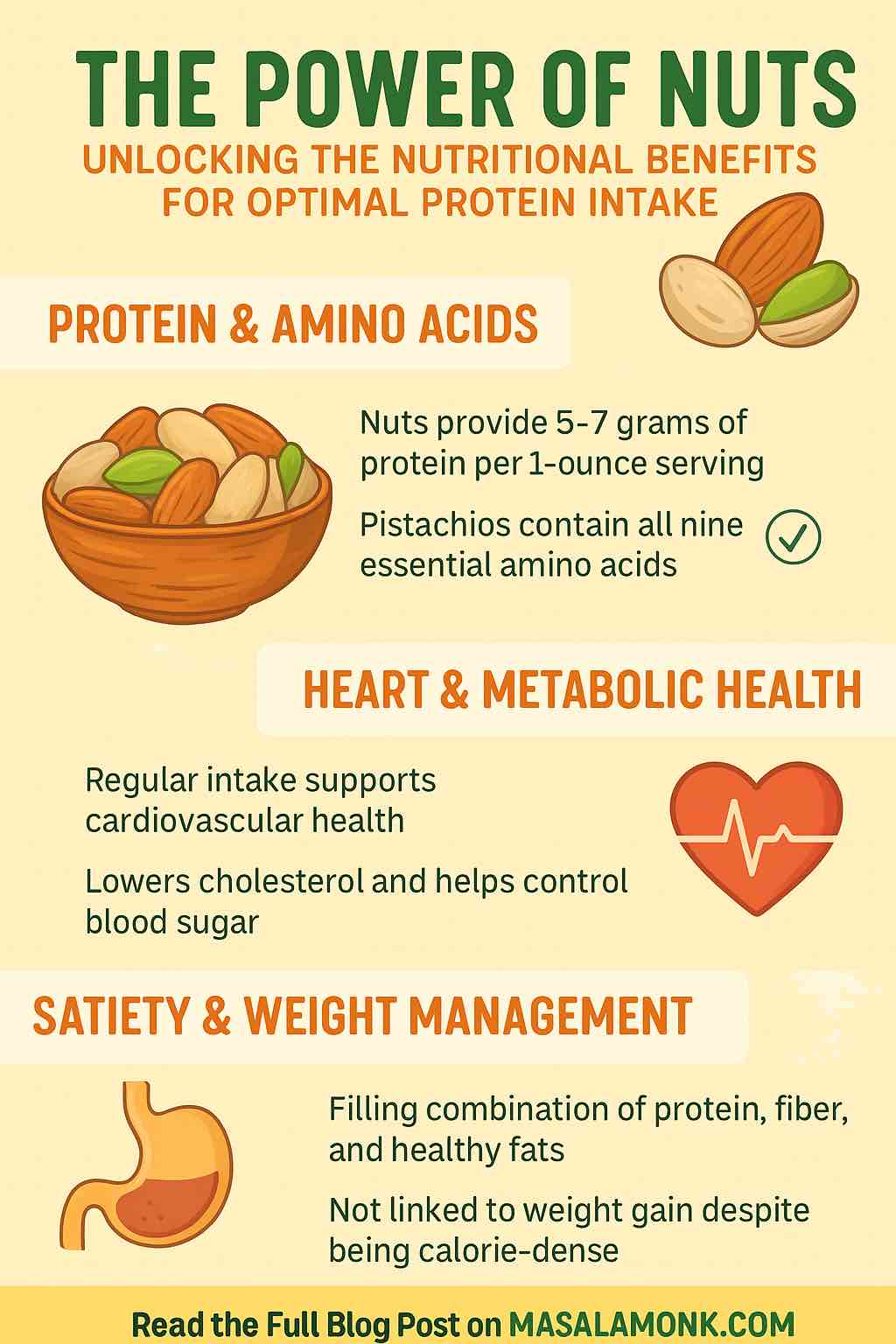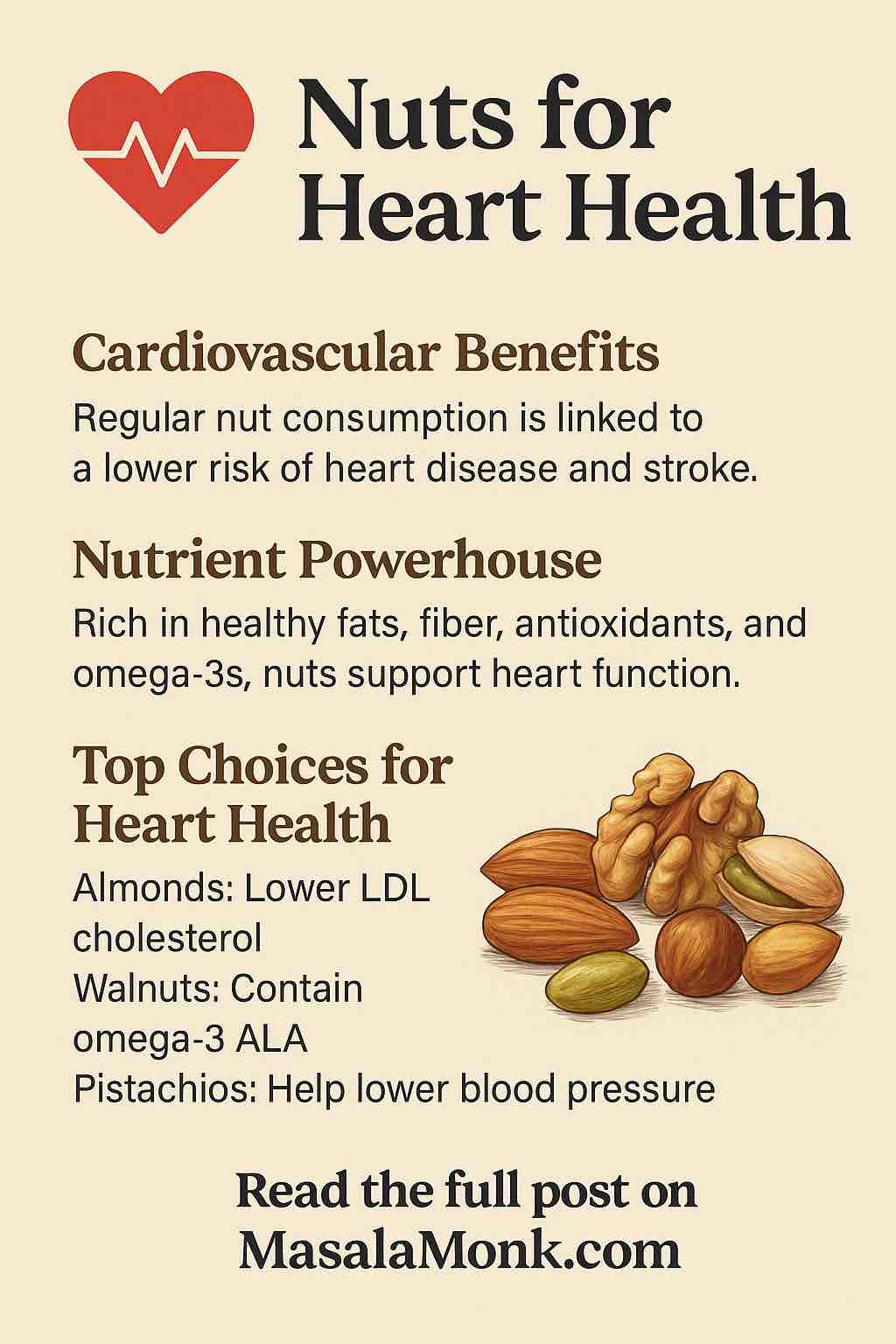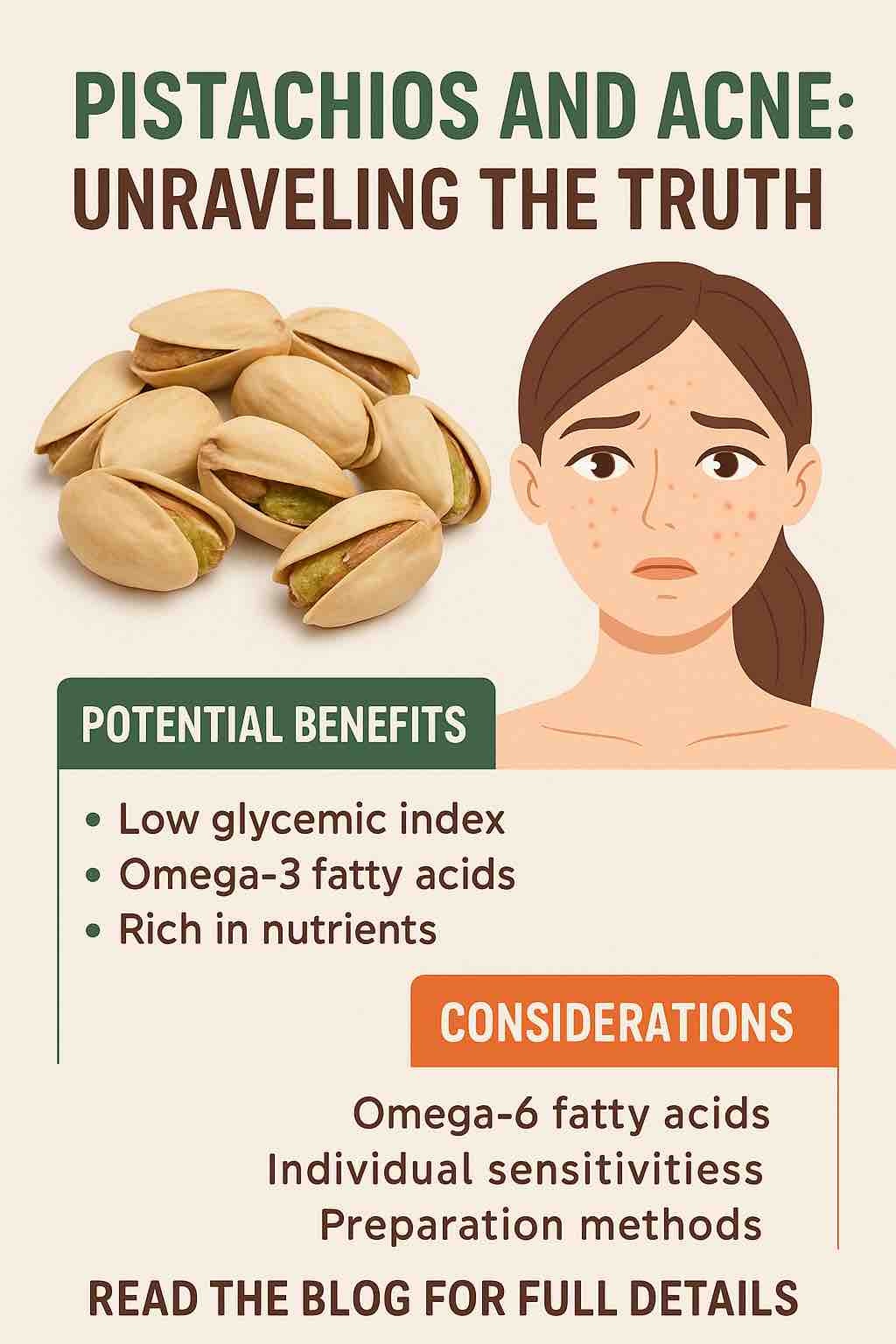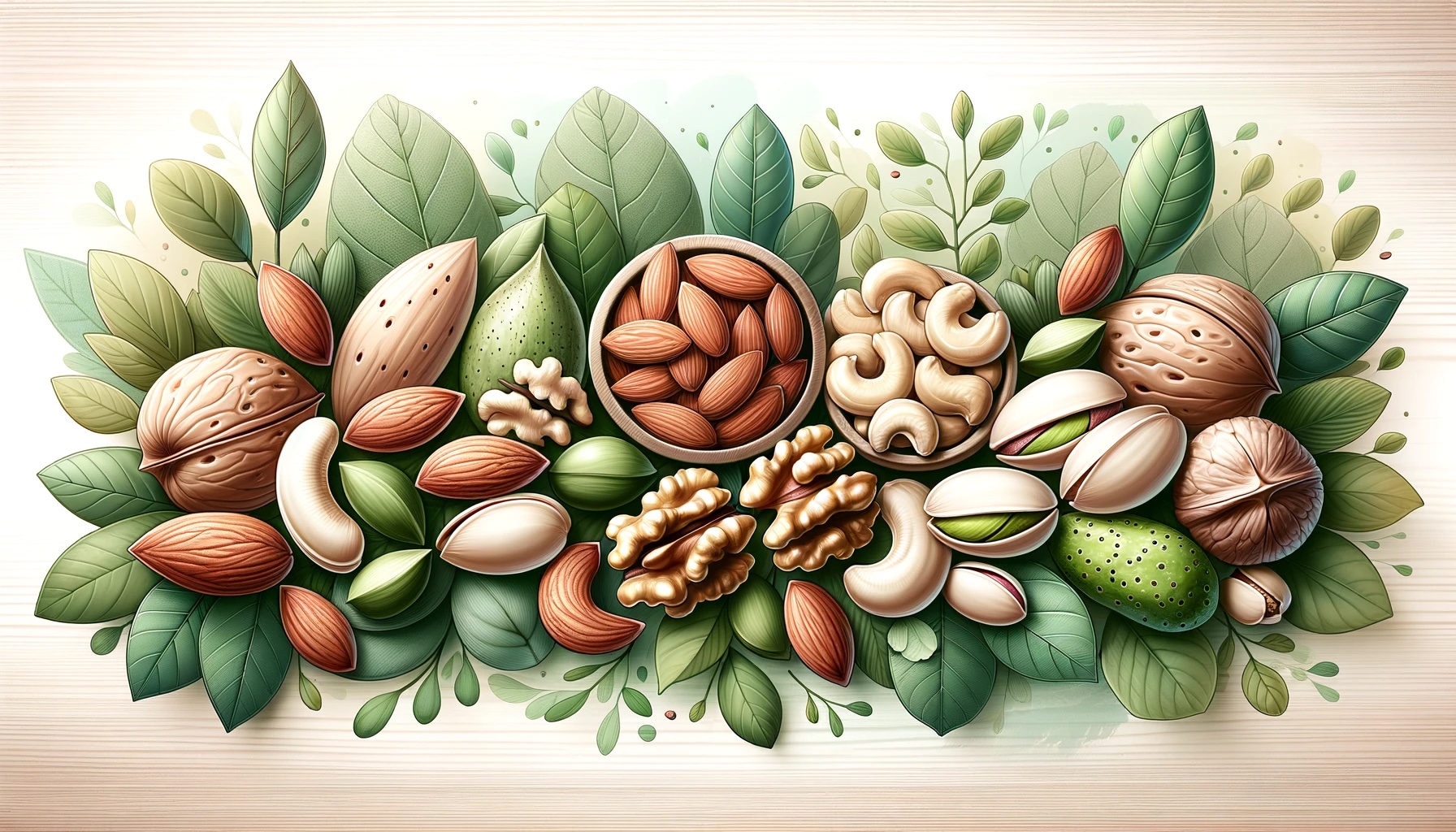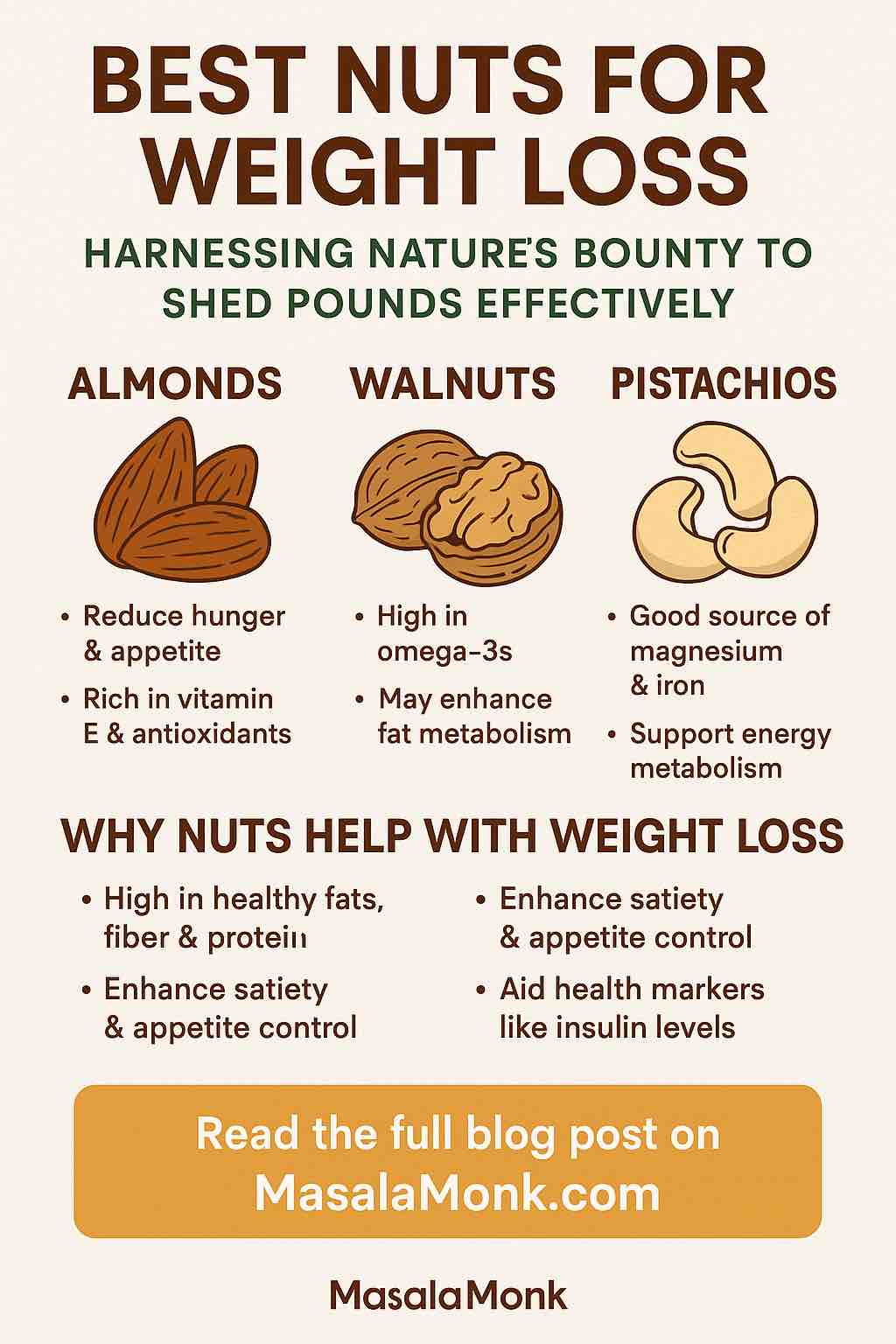
In the world of weight loss, where trends change like the seasons, one food group has consistently earned the seal of approval from both scientists and dietitians: nuts. At first glance, it may seem counterintuitive to include high-fat, calorie-dense foods in a fat-loss regimen. But research paints a surprisingly favorable picture. When eaten in moderation and strategically, nuts not only aid in weight management but also provide a host of health benefits. This article unpacks the science behind nuts and weight loss, the best varieties to choose, how to incorporate them into your diet, and practical tips to maximize their benefits.
Why Nuts Support Weight Loss
Contrary to old dietary dogma, fat doesn’t necessarily make you fat—especially when it comes from whole food sources like nuts. Here’s why nuts can actually promote weight loss:
1. Satiety Powerhouse
Nuts are rich in healthy fats, fiber, and protein. This trio helps you feel fuller for longer, reducing the likelihood of overeating later in the day.
2. Thermic Effect & Fat Malabsorption
Digesting nuts requires energy, and due to their complex structure, a portion of their fat content is not fully absorbed by the body. Studies show that up to 10-20% of the calories from nuts may pass through the digestive tract unabsorbed.
3. Improved Metabolic Markers
Nuts can enhance insulin sensitivity, reduce inflammation, and improve lipid profiles, all of which support a healthy metabolism.
4. Replacement Effect
When nuts replace unhealthy snacks like chips or sweets, they reduce overall calorie intake while boosting nutrient density.
Best Nuts for Weight Loss: Top Contenders
🁍 1. Almonds
- Calories (28g/1oz): 160
- Protein: 6g | Fiber: 3.5g | Fat: 14g
Why they’re great: Almonds are among the most well-studied nuts for weight loss. One study showed participants who ate almonds daily lost 62% more weight than those on a carb-rich diet. Their fiber and protein content contribute significantly to satiety.
🥜 2. Walnuts
- Calories: 185 | Fat: 18g (rich in omega-3s)
Why they’re great: Walnuts provide a rare plant-based source of alpha-linolenic acid (ALA), an omega-3 fatty acid. They have been shown to activate areas of the brain that control impulse and appetite, making them an excellent ally for mindful eating.
🌟 3. Pistachios
- Calories: 160 | Protein: 6g | Fiber: 3g
Why they’re great: Lower in calories than most nuts, pistachios are perfect for snacking. Eating them in-shell also slows consumption and encourages mindfulness. Studies show that pistachio eaters tend to consume fewer overall calories.
🥚 4. Cashews
- Calories: 155 | Protein: 5g | Fat: 12g
Why they’re great: Cashews are rich in magnesium and iron. They are slightly lower in fat, making them a great option for those watching caloric intake while still benefiting from a creamy, satisfying snack.
🥝 5. Brazil Nuts
- Calories: 190 | Fat: 19g
Why they’re great: Just 1-2 Brazil nuts meet your daily selenium requirement, which supports thyroid health. An optimally functioning thyroid boosts metabolic rate, a crucial factor in weight management.
🥓 6. Hazelnuts
- Calories: 180 | Protein: 4g | Fiber: 3g
Why they’re great: High in monounsaturated fats and antioxidants, hazelnuts support heart health and aid in managing inflammation, an often-overlooked factor in weight retention.
🥐 7. Macadamia Nuts
- Calories: 200 | Fat: 21g
Why they’re great: While more calorie-dense, macadamias contain palmitoleic acid, which may enhance fat metabolism. Their rich, buttery flavor means a small portion is satisfying.
How to Eat Nuts for Maximum Weight Loss
🌱 1. Stick to Servings
A typical serving is about 28g (1 oz) or a small handful. Measure to avoid mindless overconsumption.
🍿 2. Choose Raw or Dry-Roasted
Avoid nuts coated in sugar, honey, or excessive salt. These add empty calories and may negate the health benefits.
⌚️ 3. Snack Smart
Pair nuts with whole fruits (e.g., almonds + apple) or Greek yogurt to balance carbs, fats, and protein for a satiating snack.
💪 4. Replace, Don’t Add
Use nuts as a replacement for less nutritious foods, not as an addition to your existing diet.
A Sample Day with Nuts for Weight Loss
- Breakfast: Oatmeal with a tablespoon of chopped walnuts and blueberries
- Snack: A small handful of pistachios in-shell + green tea
- Lunch: Mixed greens salad with grilled chicken, cherry tomatoes, avocado, and almonds
- Snack: Apple slices with 1 tablespoon of almond or cashew butter
- Dinner: Stir-fried vegetables with tofu and crushed cashews
Final Thoughts
Nuts are nutritional powerhouses that, when consumed wisely, can support your weight loss journey. Their combination of fiber, protein, and healthy fats helps manage hunger and stabilize energy levels. By choosing the right types, monitoring portions, and making strategic food swaps, you can leverage nuts as a sustainable and delicious part of your fat-loss strategy.
Remember: it’s not about eating less, but eating smart. And when it comes to smart snacking, nuts are one of nature’s most effective tools.
Want to take it further? Try tracking your nut intake for a week and journal how it affects your appetite and energy. You might be surprised at the results!
🥇 Summary Table
| Nut | Calories (1 oz) | Protein | Fiber | Key Benefit |
|---|---|---|---|---|
| Almonds | 160 | 6g | 3.5g | Appetite suppression, vitamin E |
| Walnuts | 185 | 4g | 2g | Omega-3s, brain appetite control |
| Pistachios | 160 | 6g | 3g | Mindful eating, high satiety |
| Cashews | 155 | 5g | 1g | Energy metabolism, taste satisfaction |
| Brazil Nuts | 190 | 4g | 2g | Selenium, thyroid support |
| Hazelnuts | 180 | 4g | 3g | Cardiovascular & antioxidant benefit |
| Macadamias | 200 | 2g | 2g | Fat metabolism, high satiety |
✅ Frequently Asked Questions (FAQs)
1. Can eating nuts daily cause weight gain?
Not if eaten in moderation. Research shows that regular nut consumption does not lead to weight gain and may even support fat loss when nuts replace less healthy foods and are portion-controlled.
2. What is the ideal portion of nuts for weight loss?
A typical serving is 28 grams (1 ounce) — about a small handful. This portion strikes a balance between satiety and calorie control.
3. Should I eat nuts before or after workouts?
Yes, nuts can be a good pre- or post-workout snack when paired with a carb source (e.g., banana + almond butter). They provide sustained energy and help with muscle recovery.
4. Are roasted or salted nuts okay?
Dry-roasted nuts are fine, but avoid those fried in oil, heavily salted, or sugar-coated. Raw or lightly dry-roasted options without added ingredients are best.
5. Which nut is best if I have insulin resistance or PCOS?
Almonds and walnuts are ideal. They improve insulin sensitivity, reduce inflammation, and are low in net carbs compared to other snacks.
6. Is nut butter as effective as whole nuts?
Yes, but watch the ingredients. Choose natural nut butters with no added sugars or oils. Stick to 1–2 tablespoons per serving.
7. Can I eat nuts on a low-carb or keto diet?
Absolutely. Nuts like macadamias, pecans, and Brazil nuts are low in carbs and high in fat, making them excellent for keto and low-carb diets.
8. Are nuts suitable for nighttime snacking?
Yes — especially pistachios and almonds, which may help promote satiety and blood sugar stability overnight. Keep the portion small (e.g., 10–15 pieces).
9. What if I have a nut allergy?
Try seeds like sunflower, pumpkin, or chia. They offer similar nutritional benefits with no cross-reactivity to tree nuts or peanuts.
10. How long before I see results from including nuts in my diet?
If incorporated as part of a calorie-controlled, balanced diet, improvements in satiety and appetite can be felt within days. Visible weight changes may occur over several weeks depending on consistency and other factors.

